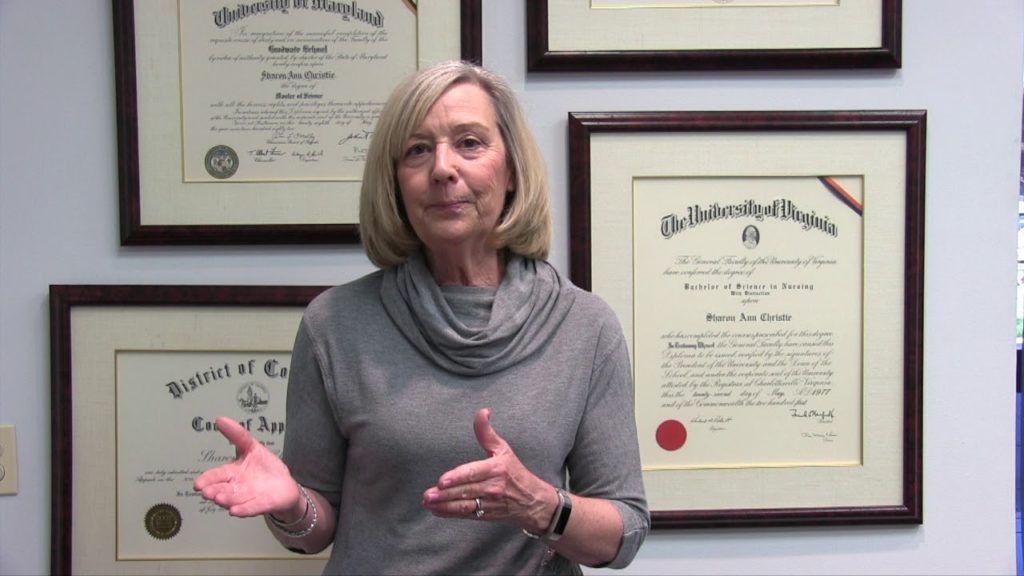
Many people judge anyone who is on any type of assistance. However, this is not necessarily fair. Some people are on assistance because of situations that they cannot control, such as having a disability. When people have disabilities, often, they can benefit from SSI and SSDI. If they are not able to work due to their disabilities, they can still live a reasonable quality of life with this insurance, which is definitely a great gift to people who have to deal with disabilities that they never asked for.
If you do not have a lot of experience with disability insurance, you might want to talk to different SSDI attorneys in your area. They can tell you how to apply for medical disability and how to apply for social security benefits. You might have several questions about the process as well. For example, you might wonder, how exactly do I apply for SSDI disability? Is it possible for me to apply for SSI and SSDI at the same time? You can do some research on your own and figure out the answers to some of these questions, but it would be a good idea to talk to a professional as well.

Short term disability insurance benefits protect your income and standard of living if you happen to become disabled during your employment. If you must leave work with a qualified illness or injury, including pregnancy, insurance will cover a portion of your wages.
These benefits can help with managing health care expenses, as well as every day costs of living. The benefits can be used to pay for housing, food, bills, as well as other unexpected expenses that may arise during your disability leave.
What is an elimination period?
Also known as a deductible period or waiting period, an elimination period begins when a member becomes eligible for payments, and ends when the payments are made by the insurance company to the member.
Do I pay for a short term disability plan?
The amount that an employee pays for short term insurance is determined by the employer. For more details about your company-issued plan, contact your designated benefits administrator in the HR department.
What qualifies me for short term disability insurance benefits?
The benefits are covered if you:
- Meet the plan’s definition of disability
- Meet other requirements while covered by the disability insurance plan
- Remain disabled during and after the elimination period
How do I know when to file a claim?
Before filing a claim, you should visit a doctor to receive a medical form that defines the extent of your disabilities. As soon as you or your doctor thinks that the condition will last at least as long as the elimination period, you should file a claim.
Are these benefits taxable?
Short term disability insurance benefits usually have taxes withheld in most cases, but a tax advisor can be consulted to evaluate your specific condition and benefits plan.

What outside factors influence my benefit payments?
Income or benefits from other sources will reduce your short term disability insurance benefits. Income from non-employer issued disability policies, as well as many deferred compensation plans like 401(k), are not taken into account to determine payment amounts.
What if my employment is terminated?
If your coverage ends, you will be unable to convert your benefits to an individual plan. However, if your employment ends wile you are on disability, the benefits will continue as long as you remain otherwise eligible under the plan’s terms and conditions.
What if I can’t return to work?
If you are still disabled at the end of your benefit period, you may be eligible for long-term disability.
If I become disabled again after returning to work, will I need to file a new claim?
If the same or a related disability returns within the time period outlined in your plan, you will not need to re-satisfy the terms of the elimination period.
If a new disability emerges after you return to work, this disability is treated separately, and a new elimination period must be fulfilled before disability benefits can be received.
Two in five American workers under the age of 65 have health benefits issued by their employers. If you are unsure if you have disability insurance options, contact your employer.

